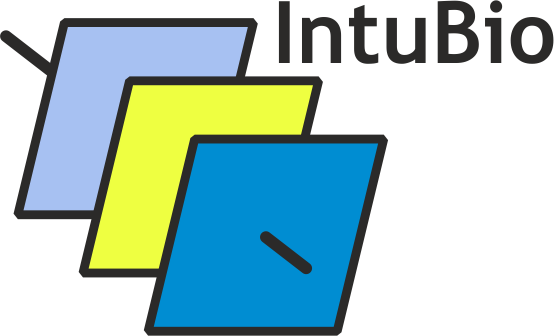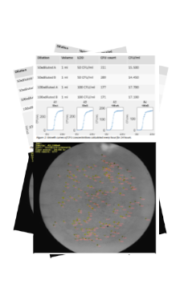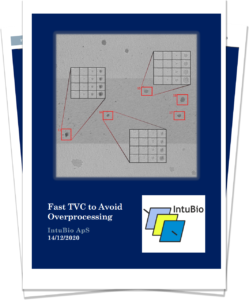Cases Library
Real-world cases using our innovative technology.
Click the images or links below to view cases.
Rapid Bioburden of Pharma Tablet Binder
Introduction
Binders used for tablet are highly susceptible to contaminations as no biocides can be added.
As most binders are a mixture of natural ingredients such as cellulose, starch, gelatin,
and other polysaccharides, they serve as excellent growth medium
for a broad range of microorganisms.
The instability of the binder material emphasizes the importance of fast results
when analyzing the microbial quality of the binder, as the concentration will increase over time.
IntuGrow is a method where the microbial quality of binder material can be analyzed in less than 24 hours instead of the 5 days currently specified in USP61/ ph eur 2.6.12.
Fast TVC to Avoid Overprocessing Case study
Introduction
When pasteurization is not an option to eliminate the microbiological load of a product, due to temperature sensitivity, filtration steps are routinely employed.
Even though filtration through 0,22 µm filters is an effective procedure, significant product loss can be expected.
Prior to this case study, the producer consistently measured a microbiological load below their guideline levels of 104 CFU/g before the last filtration rendering it redundant.
Due to the redundancy of the filtration product was lost with no real impact on the quality of the formulated product.
The major obstacle for optimizing this process is the long time-toresult (TTR) of the traditional microbiological method (48-72 hours ISO 4833-1). By implementing IntuGrow this TTR can be reduced to 5-6 hours allowing for adaptive processing of the post-fermentation product with simultaneous analysis of multiple points throughout the line.
This enables not only processing decisions resulting in higher yield but also a close monitoring of the production line, with fast response to variations in quality.


